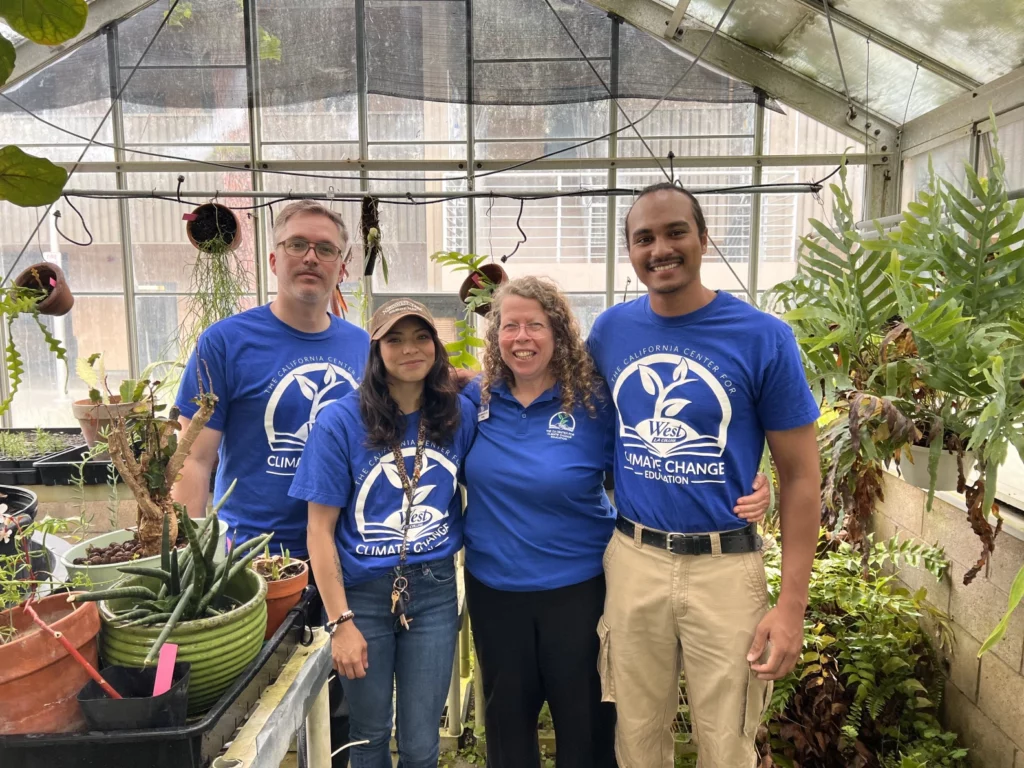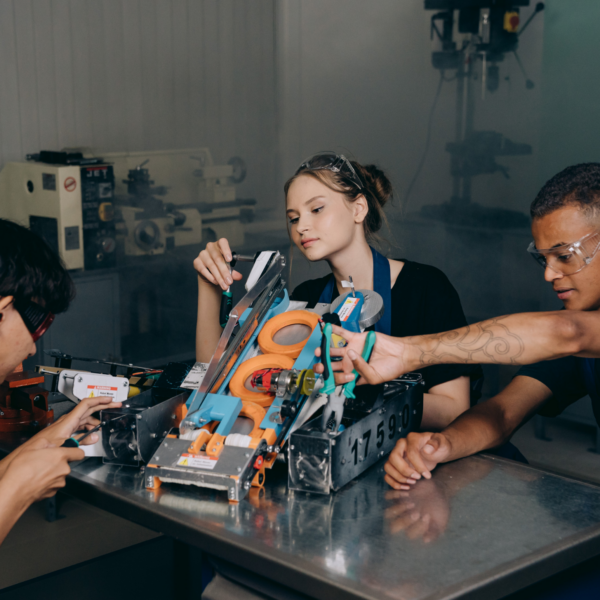CA Forward Los Angeles Energy Listening Session
Earlier this month, LARC was invited to join California Forward and UNITE-LA to a Regional Energy Listening session that focused on the opportunities, barriers, and resources needed to make energy independence and reliability a reality.
California is expected to create 4 million new jobs fighting climate change over the next two decades. Los Angeles leads the nation with the most solar production of any U.S. city and has set a target to be 100% powered by clean energy by 2035. Significantly, hourly pay for clean energy jobs is nearly 30% above the statewide median wage.
So what do all these statistics tell us? That the clean energy revolution is here and California is leading the way. These statistics also tell us that our workforce development systems, starting with our community colleges, must be ready to meet the growing demands of this industry and that our state’s public policies and infrastructure must support and incentivize this industry to be all it can be.
While all 19 community colleges in the Los Angeles region have programs that will support the energy economy, there are three new developments that will pave the way for more investments in the energy sector:
West Los Angeles’ California Center for Climate Change Education
 Photo Credit: LAist
Photo Credit: LAist
An initiative of the Los Angeles Community College District, the Center is a first-of-its-kind, forward-looking resource that will prepare students for good-paying, fulfilling careers in clean energy and climate technology industries. In addition to serving as the location for the Center, West LA College also has the only degree and certificate program in Climate Change Studies in any California community college.
The Center is accessible to students and staff from all nine LACCD campuses.
What makes the center so unique is that it is a nexus point for public and private partnerships and will explore and expand internships, pre-apprenticeships, apprenticeships, and other work-based learning opportunities in the equity, environmental justice, and green jobs sectors.
This last point is key to the state’s energy policy: equity and social justice must be at the core of climate change education. It is a core tenant of the Center and should be for the state’s policy framework.
Pasadena City College Electric Vehicle Charger Repair Apprenticeship
 Earlier this year, Pasadena City College received a planning grant from the California Community College’s California Apprenticeship Initiative. Why is this important? In Los Angeles County alone, there are over fifteen hundred DC fast charging stations and over 7,000 level 2 chargers. Across the state, by 2030 the California Energy Commission estimates that we will need 1.2 million chargers to support 8 million electric vehicles.
Earlier this year, Pasadena City College received a planning grant from the California Community College’s California Apprenticeship Initiative. Why is this important? In Los Angeles County alone, there are over fifteen hundred DC fast charging stations and over 7,000 level 2 chargers. Across the state, by 2030 the California Energy Commission estimates that we will need 1.2 million chargers to support 8 million electric vehicles.
Aventus Cleantech Career Academy
In partnership with UNITE-LA, LARC launched the Avantus Cleantech Career Academy to ensure equitable access of historically marginalized communities into the energy economy. LARC is very excited about how this first-of-its-kind program connects students with educational opportunities and paid work experience in the ever-growing cleantech industry and that we have just recently graduated our first cohort of 14 students.
Looking ahead we see a few new opportunities that will be exciting for are 19 colleges. The new California Community College Chancellor’s vision for the system at-large. Dr. Sonya Christian who began her tenure at the system only 2 months ago, is preparing a new Vision 2030 framework for the field.
The Vision 2030 strategic direction includes three focus areas. One of which is ensuring equitable workforce and economic development. That focus area specifically calls out and aligns with the Governor’s Roadmap for California Community Colleges and supports evolving workforce needs in key areas, including climate action.
So we are very excited to see where the Vision 2030 framework leads, but think the state’s energy policy should be an intersection of the Governor’s Roadmap for California Community Colleges and the Chancellor’s Vision 2030. And all three should be informed by the work happening directly in our communities, such as what is being done on West Los Angeles’ campus and the new apprenticeship planning grant taking place at Pasadena City College.




